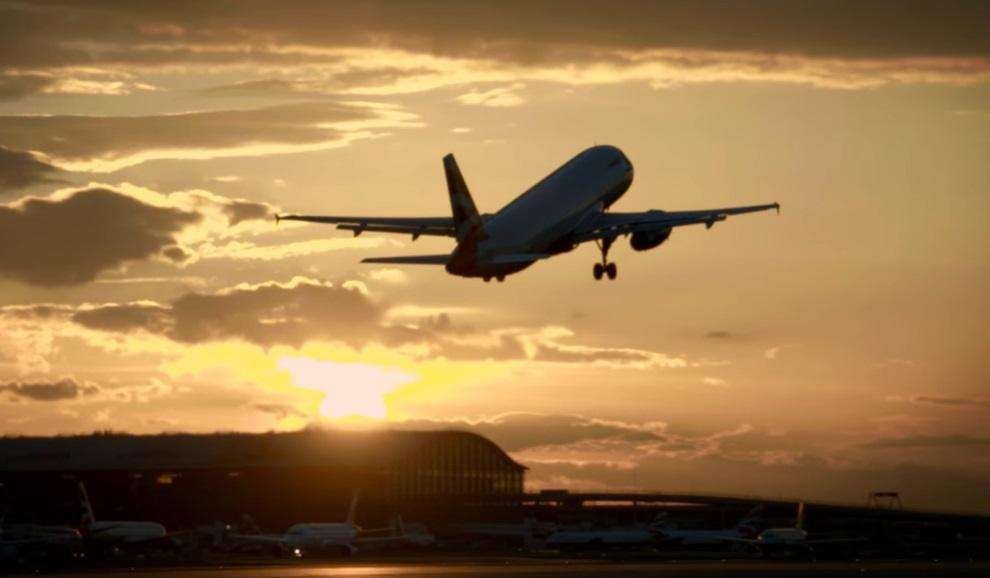
The government of South Korea announced the release of its “Sustainable Aviation Fuel (SAF) Blending Mandate Roadmap,” introducing requirements for international departing flights to begin using fuel containing sustainable aviation fuel (SAF), beginning in 2027, and with SAF content set to increase over the next few years.
Fuel accounts for the vast majority of the aviation sector’s emissions. Generally produced from sustainable resources, like waste oils and agricultural residues, SAF is seen as one of the key tools to help decarbonize the aviation industry in the near- to medium-term. SAF producers estimate the fuels can result in lifecycle GHG emissions reductions of as much as 85% relative to conventional fuels.
According to a recent report by the International Air Transport Association (IATA), however, while SAF production is anticipated to double in 2025, it will still account for just 0.7% of airlines’ total fuel consumption.
South Korea’s new rules form the latest in a series of SAF mandates by jurisdictions globally, including the EU and UK, which each implemented a 2% SAF mandate beginning in 2025,
Under the new mandate, introduced by South Korea’s Ministry of Land, Infrastructure and Transport (MOLIT) and Ministry of Trade, Industry and Energy (MOTIE), international departing flights from Korea in 2027 will be required to use fuel with a 1% SAF blend, with blend mandates increasing to 3–5% in 2030 and 7–10% in 2035. The specific ranges for 2030 and 2035 will be based on recent global market trends and domestic industry considerations.
While MOLIT and MOTIE said that will include penalties for non-compliance will be included in the new mandate, they will be initially deferred. Additionally, the mandate includes flexibility mechanisms allowing up to 20% of the total SAF-blended fuel supply requirement for a given year to be deferred and fulfilled within the following three years. New airlines will be exempt from the mandate in their first three years of commercial operation.
Fuels that will be recognized as SAF in the mandate will be those that have achieved the carbon reduction level required by international standards based on the International Civil Aviation Organization (ICAO), and with bio-aviation fuel quality standards anticipated to be established in the first half of 2026.
According to South Korea’s Vice Minister for Transport KANG Hee-up, the new SAF mandate “represents Korea’s first step toward achieving carbon neutrality in international aviation, and will be remembered as a historic milestone that further elevates Korea’s status as the world’s eighth-largest air transport nation.”














